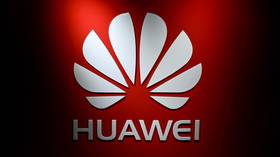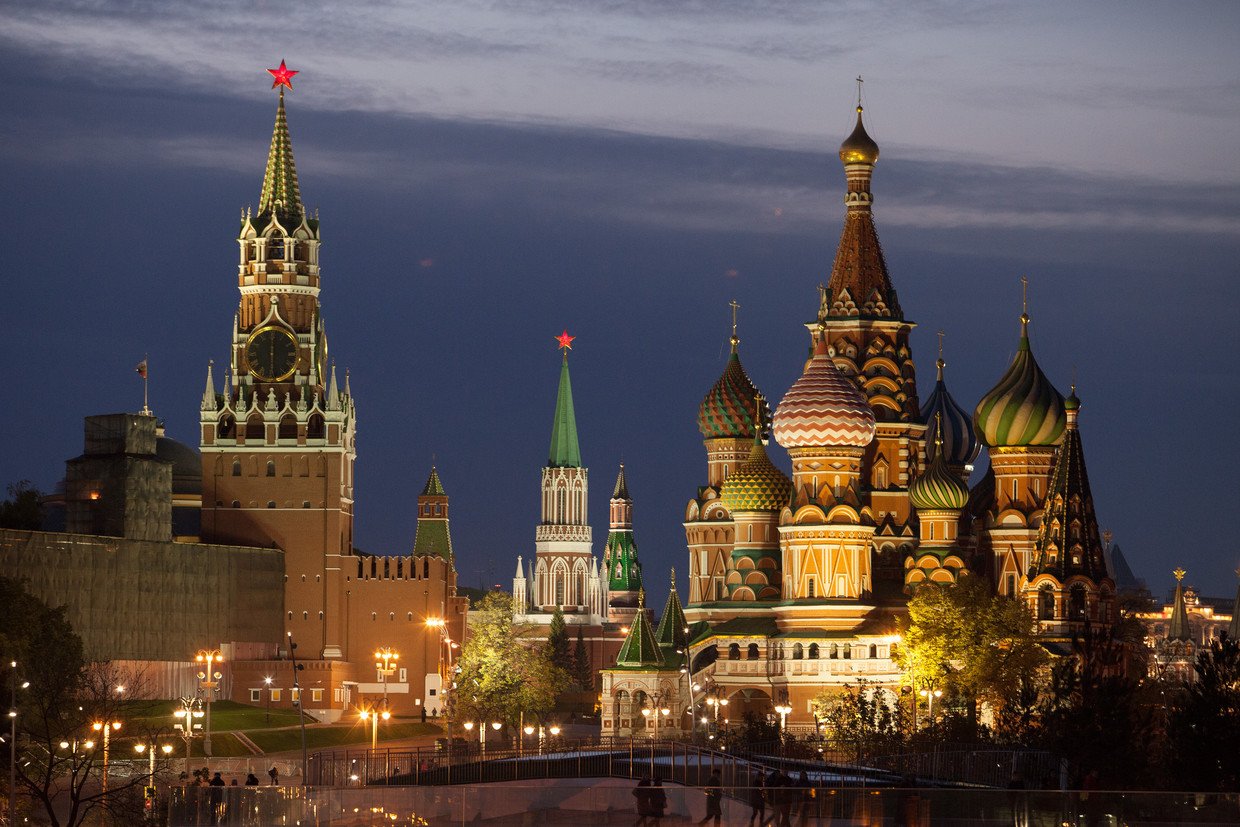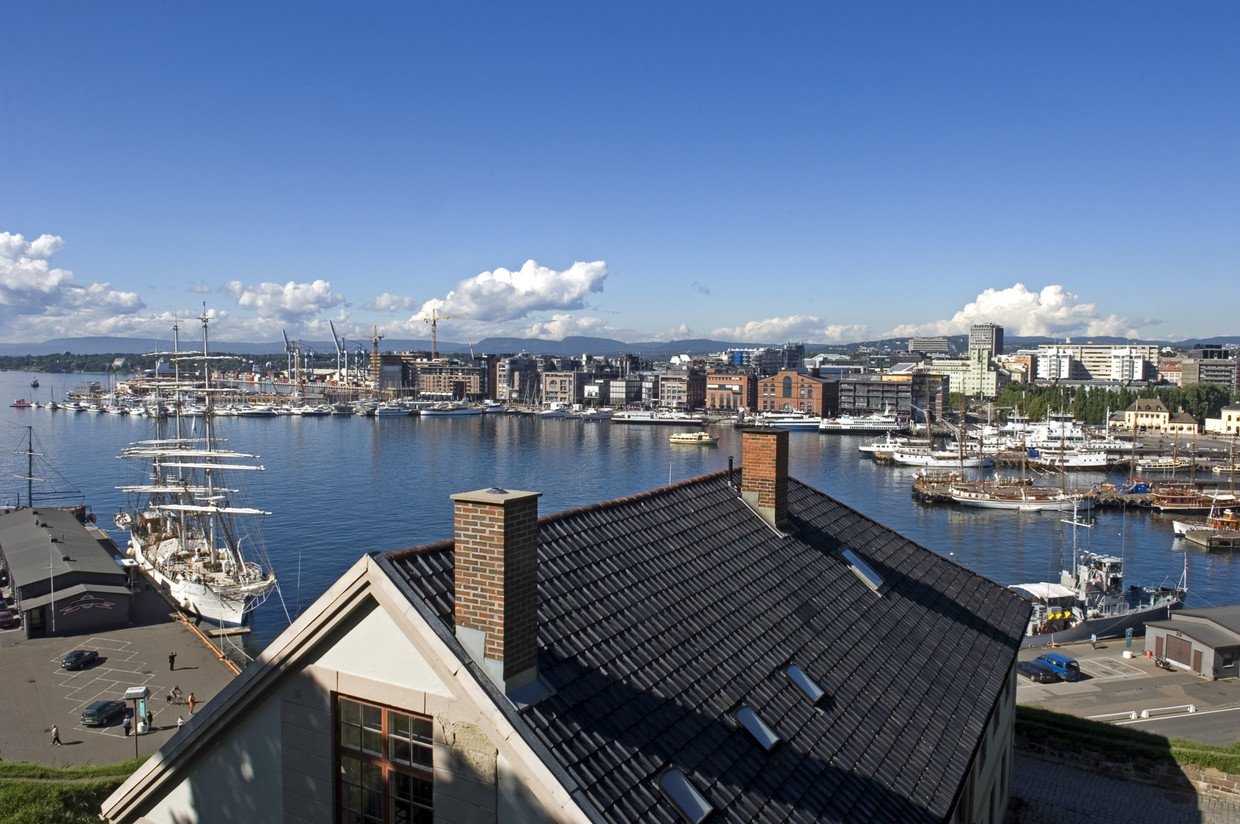Countries resisting US pressure to ban Huawei’s 5G equipment

The US has been trying to convince its allies and the rest of the world to ditch Huawei’s 5G technology over an alleged national security threat. However, not everyone is convinced the Chinese tech firm poses a risk.
While restricting American companies from doing business with the world’s largest telecommunications equipment vendor, the US has also been trying to convince other countries that Huawei’s equipment could be used by Beijing for spying, an allegation that the firm and the Chinese government deny.
Here is a list of European countries who are still reluctant to make technological development a victim of US policy.
Russia
Moscow has never been eager to bow to US pressure, despite facing multiple rounds of sanctions. As cooperation with its largest trade partner, China, is flourishing, Russian companies are actively dealing with Huawei in 5G development.

In late August, the Chinese tech giant helped Russian mobile operator MTS launch a 5G pilot scheme in Moscow. At the same time, the super-fast network was launched in Kronshtadt, a city not far from St. Petersburg, which became the first city in Russia to get almost full 5G coverage.
Norway

Norway became the latest country to announce that Huawei will not be banned from building the country’s 5G telecom network despite earlier considerations. The change of heart occurred in late September, when Minister of Digitalisation Nikolai Astrup said that “it is up to the companies themselves to choose suppliers” as Oslo has no bans against any suppliers.
Germany
In early September, Deutsche Telekom announced that its 5G mobile network went live in five German cities. Huawei reportedly provides the carrier, as well as other operators such as Vodafone Group and Telefonica, with some of the essential hardware such as antennas and routers.
The leading European economy resisted US pressure to exclude Huawei from 5G development when it had only started auctions for 5G-ready airwaves, saying that it does not want to ban any equipment supplier from the network rollout.
In March, Chancellor Angela Merkel said that she won’t ban a company “simply because it’s from a certain country,” in apparent hint on the situation around Huawei.
Hungary
The Central European country has not launched 5G mobile networks so far, but plans to make it operational by the end of 2019. Earlier this year, Hungary dismissed US allegations against Huawei, saying that there is no proof that the firm poses threat to EU or NATO states.

“We have taken a rather pragmatic stance, the same, in fact, as Germany. It has not been proven that Huawei’s technology would pose any risk to Hungary, as we have seen no [data] to support that,” Minister Laszlo Palkovics said.
Switzerland
Despite some local protests against 5G deployment in the country, from people who fear the technology poses a risk to health, local carriers are already rolling out the network.
In March, Sunrise launched the first super-fast network in the country, covering 150 cities and villages. Huawei was chosen to be a key supplier. The Chinese tech giant provided the carrier with end-to-end technology, including radio access network, transport network and core network.
UK
Britain seems to be more sensitive to Washington’s claims, as the government has been grappling with whether to allow Huawei to supply 5G technology for months. In September, Defense Secretary Ben Wallace promised a final decision will be made soon.
With no blanket ban introduced so far, local telecom companies are eagerly working with the Chinese equipment maker, including development of 5G networks.

British provider Three UK, a subsidiary of CK Hutchison Holdings, uses Huawei within its radio access network as it considers its tech the most advanced for 5G deployment. In June, the firm’s director of network strategy Phil Sheppard said that Huawei’s equipment could be used for the ultra-fast network launch later this year.
Meanwhile Vodafone UK warned that banning Huawei equipment would have dramatic consequences as even replacement of an existing 4G station can cost millions and further slow 5G deployment.
Spain
In June, the Spanish branch of Vodafone rolled out the first commercial 5G mobile services in the country using Huawei equipment. The ultrafast mobile network covered 15 major Spanish cities including Madrid, Barcelona, Valencia, and Seville.

France
French lawmakers are cautious about rolling out 5G networks and are debating a bill aimed at tightening security rules for it. The draft law does not directly target Huawei, so the Chinese tech giant still has a chance to win a contract when the planned deployment begins in 2020.

“We want to carry out a careful control of this 5G deployment… without designating an operator as unwelcome in France,” Finance Minister Bruno Le Maire said in May.
Huawei is the global leader in 5G technology. The Chinese company says it has secured more than 50 commercial contracts for 5G, with more than half of them in Europe.
For more stories on economy & finance visit RT's business section














